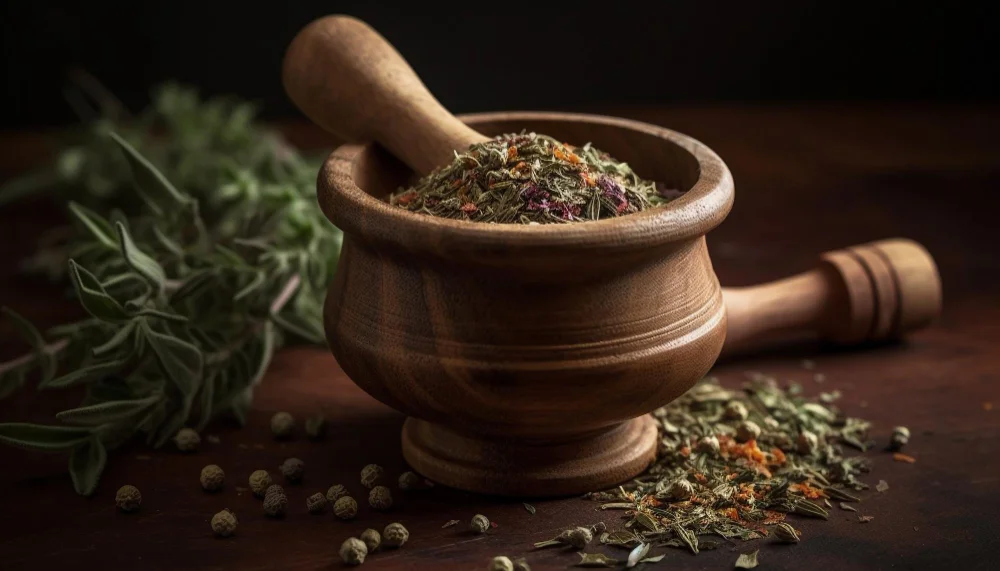Introduction
Koriandri is one of the most widely used herbs and spices in the world, cherished for both its culinary value and health benefits. Known in many regions as coriander, this aromatic herb comes from the seeds and leaves of the Coriandrum sativum plant. Whether in traditional medicine, kitchen recipes, or cultural practices, koriandri holds a special place.
The seeds, also referred to as koriandri seemned in some languages, and the leaves, often called cilantro, bring a distinct flavor that enhances countless dishes. In many cultures, koriandri eshte një pjesë e rëndësishme e kuzhinës së përditshme, reflecting how deeply rooted it is in food traditions and natural remedies.
In this detailed guide, we’ll explore the benefits of koriandri, its uses, best practices, and common FAQs, helping you understand why this herb is so valued across the world.
Benefits of Koriandri
How It Helps in Health and Wellness
Koriandri has been used in traditional medicine for centuries. The seeds and leaves are packed with essential oils, vitamins, and antioxidants that offer natural remedies for multiple conditions.
See also Prostavive Colibrim: A Complete Guide to Prostate Health and Wellness
Some of the key health benefits include:
- Digestive Aid: Koriandri helps stimulate appetite, reduce bloating, and improve overall digestion.
- Detoxification: The herb supports natural detox processes by helping the body flush out heavy metals and toxins.
- Anti-inflammatory Properties: Rich in compounds like cineole and linoleic acid, koriandri may help reduce inflammation and joint pain.
- Heart Health: Regular consumption may help regulate cholesterol levels and improve cardiovascular health.
- Blood Sugar Regulation: Studies suggest koriandri can support balanced blood sugar levels, making it useful for people with diabetes.
- Antibacterial and Antifungal Effects: It has natural compounds that help fight infections and improve immunity.
Key Advantages for Culinary Enthusiasts and Health Seekers
For people who love cooking, koriandri offers not only health benefits but also flavor diversity.
- Culinary Uses: Adds aroma and taste to curries, soups, pickles, and salads.
- Cultural Importance: Used in both everyday meals and festive recipes in Asian, Middle Eastern, and Mediterranean cuisines.
- Accessibility: Found fresh, dried, or in powdered form, making it easy to incorporate into any recipe.
- Versatility: From seasoning meats to garnishing soups, koriandri adapts to countless cooking methods.
For health-conscious individuals, adding koriandri to daily meals is an easy way to blend flavor with natural wellness.
How to Use/Apply Koriandri
Step-by-Step Guide
Using koriandri effectively depends on whether you’re working with seeds, leaves, or powder. Here’s a simple guide:
- Koriandri Seeds (koriandri seemned):
- Lightly roast them in a pan to release their natural oils.
- Grind them into a fine powder for curries and spice blends.
- Add whole seeds to soups, stews, and pickles for aroma.
- Fresh Leaves:
- Chop finely and sprinkle over dishes as a garnish.
- Blend into chutneys, sauces, or dips for freshness.
- Add to salads for a refreshing taste.
- Powdered Koriandri:
- Mix into spice blends like garam masala or curry powders.
- Use in marinades for meats and vegetables.
- Stir into soups for depth of flavor.
Common Mistakes to Avoid
While koriandri is easy to use, certain mistakes can reduce its effectiveness:
- Overheating the Leaves: Cooking fresh koriandri leaves for too long can make them lose flavor. Add them at the end of cooking.
- Using Old Seeds: Koriandri seemned lose aroma if stored for too long. Always use fresh seeds or airtight storage.
- Overpowering Dishes: Koriandri has a strong taste. Use in moderation to balance flavors.
- Confusing Seeds with Leaves: Both offer unique flavors—seeds are warm and nutty, while leaves are citrusy and fresh. Use appropriately.
Best Practices for Koriandri
Tips & Tricks for Better Results
To get the most out of koriandri in cooking and health:
- Store Properly: Keep fresh leaves in the refrigerator wrapped in a damp paper towel to extend freshness.
- Grow at Home: Koriandri is easy to grow in pots or gardens, ensuring a constant supply.
- Pairing with Foods: Works well with cumin, turmeric, garlic, and chili in recipes.
- Hydration Boost: Adding leaves to smoothies or detox water enhances nutrition and taste.
Expert Recommendations
Many chefs and herbal practitioners suggest:
- For Cooking: Use seeds for long-cooking dishes and fresh leaves for garnishing.
- For Wellness: Drinking koriandri seed tea can help with digestion and detoxification.
- For Everyday Use: Incorporate both forms—seeds and leaves—for maximum benefits.
FAQs About Koriandri
What is the difference between koriandri seeds and leaves?
Koriandri seeds (koriandri seemned) have a warm, spicy flavor, while the leaves are citrusy and refreshing. Both can be used in different dishes for unique tastes.
Is koriandri safe for everyone?
Yes, generally it is safe. However, some people may have allergies or sensitivities. It’s always good to start with small amounts.
Can koriandri help with weight loss?
Yes, koriandri supports digestion and metabolism, making it a helpful herb for weight management when combined with a healthy diet.
How should I store koriandri for longer freshness?
Fresh leaves should be kept in the refrigerator, while seeds should be stored in airtight jars away from direct sunlight.
Does koriandri have cultural significance?
Absolutely. Koriandri eshte një erëz e rëndësishme në kuzhinat aziatike, mesdhetare dhe lindore, often tied to cultural traditions and medicinal practices.
Conclusion
Koriandri is much more than just a spice—it is a powerful herb that combines health benefits with culinary delight. From aiding digestion to flavoring traditional dishes, koriandri has earned its global popularity.
Whether you’re using koriandri seemned in spice blends, sprinkling fresh leaves over your meals, or brewing tea for wellness, this versatile herb fits perfectly into both kitchens and natural remedies.
If you haven’t already, start adding koriandri to your daily diet and experience its incredible flavor and health-boosting properties.


